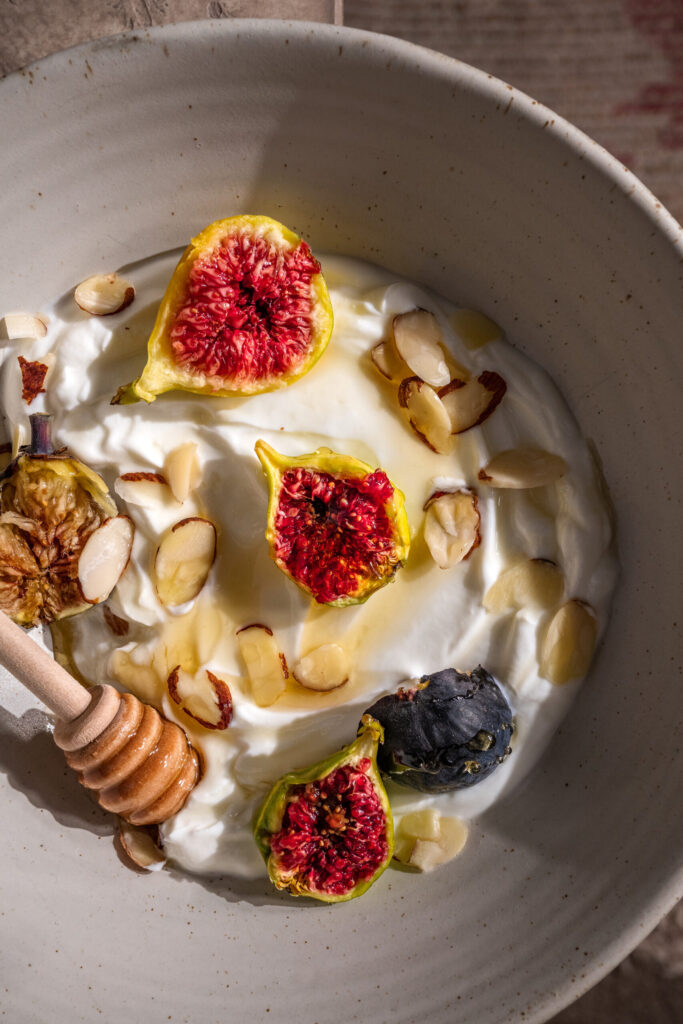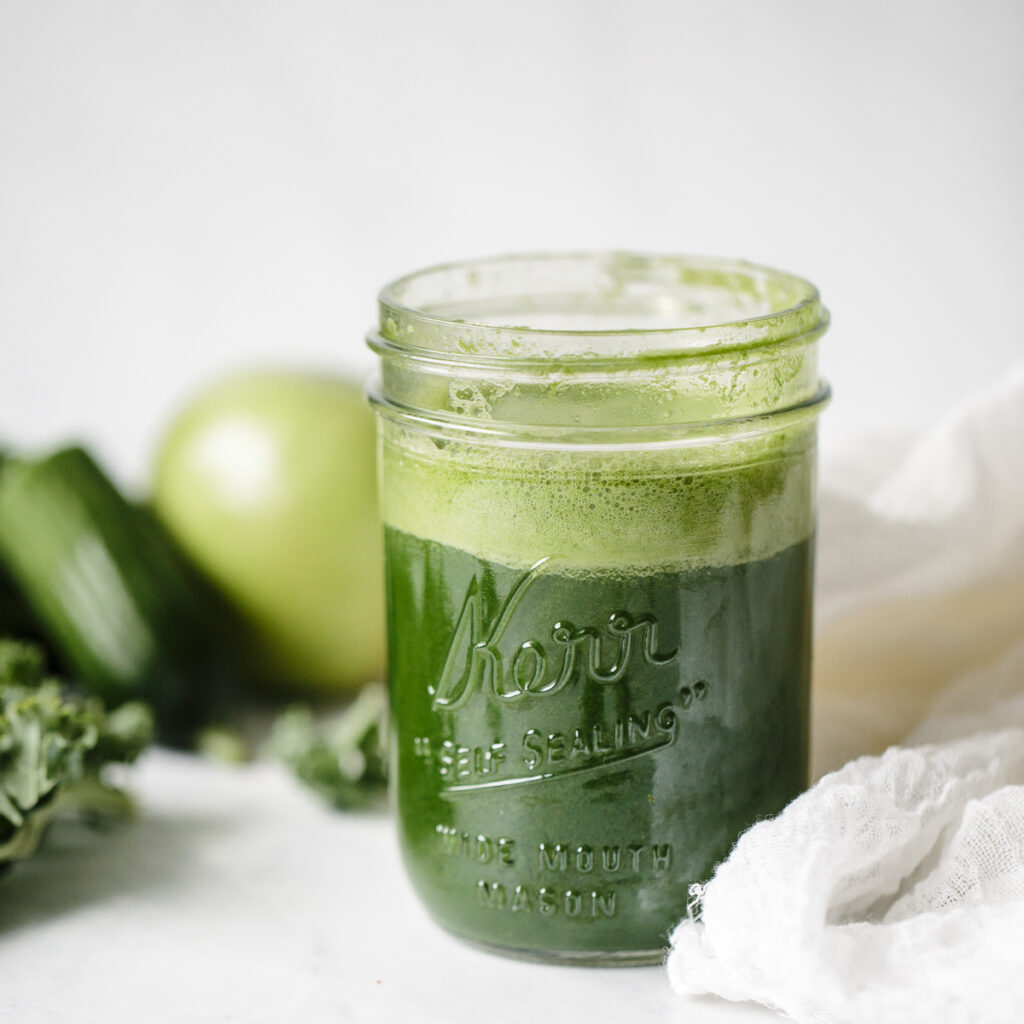Hey friend, we all love a little indulgence now and then — a glass of wine with dinner, a weekend cocktail, or a celebratory drink with friends. But have you ever paused to think about how alcohol affects your gut health? I know it can feel like the last thing we want to consider while trying to enjoy life, but understanding this connection is key if you want to look younger, feel lighter, and live calmer — all while still enjoying your favorite beverages. In this post, we’re diving deep into alcohol and gut health, exploring the science behind it, and offering practical ways to keep your digestive system thriving even if you enjoy a drink or two.

Plus, I’ll share the best foods for gut health, lifestyle tweaks, and strategies to support your microbiome without feeling deprived.
How Alcohol Affects Gut Health
Alcohol is more than empty calories. It directly affects the delicate ecosystem in your digestive tract. The gut is home to trillions of bacteria — both beneficial and harmful — and keeping this balance is essential for digestion, immunity, and even mood. When you drink alcohol, several things shift in your gut. First, alcohol can reduce the number of beneficial bacteria in your gut while allowing harmful bacteria to flourish. This imbalance, called dysbiosis, can lead to bloating, gas, and even inflammation. Second, some studies show that alcohol can make the lining of your intestines more permeable (aka “leaky gut”).

How Alcohol Triggers Inflammation
This allows toxins and partially digested food particles to enter your bloodstream, which can trigger inflammation and affect your overall health. Third, alcohol stimulates acid production in your stomach, which can worsen acid reflux, heartburn, and general discomfort after eating. It can also slow nutrient absorption, which means your body gets fewer vitamins and minerals from food. Finally, your gut and liver work hand-in-hand to process nutrients and remove toxins.
Alcohol adds stress to this system, making it harder for your body to detox efficiently and potentially impacting digestion indirectly. Simply put, regular or heavy drinking can trigger a cascade of gut issues — bloating, irregularity, inflammation, and fatigue.
Common Gut Symptoms Linked to Alcohol
However not everyone experiences the same gut symptoms, but there are common red flags to watch for. These include bloating or excessive gas, constipation or diarrhea, heartburn or acid reflux, brain fog or low energy after drinking, and food sensitivities or cravings for sugar and carbs. If you notice these regularly, it’s worth taking a closer look at your alcohol habits and pairing them with gut-supportive strategies.

How to Support Your Gut While Still Enjoying Alcohol
Here’s the good news: you don’t have to give up wine nights or your favorite cocktails to support your gut. The key is mindful moderation and pairing your drinks with foods that improve gut health. Mindful drinking can be as simple as hydrating with water alongside alcohol to reduce dehydration and help flush out toxins, choosing lower-sugar options like dry wine, spirits with soda water, or kombucha-based cocktails, avoiding drinking on an empty stomach by eating a fiber- and protein-rich meal before drinking to slow alcohol absorption and protect your gut lining, and limiting frequency with alcohol-free days to allow your microbiome to recover.
The Best Foods for Gut Health
Even if you love your occasional drink, you can mitigate alcohol’s impact by focusing on the best foods for gut health. These foods nourish beneficial bacteria, reduce inflammation, and support digestion. Fermented foods like yogurt, kefir, sauerkraut, kimchi, and miso are packed with probiotics. They help replenish your gut flora. Prebiotic fiber found in onions, garlic, leeks, asparagus, and bananas feeds the healthy bacteria in your gut.
Gut-Supportive Foods to Help Balance Alcohol’s Effects
Polyphenol-rich foods such as berries, green tea, dark chocolate, and coffee act as antioxidants and help beneficial bacteria thrive. High-fiber whole grains such as oats, quinoa, barley, and brown rice support regularity. They also help feed good gut bacteria. Anti-inflammatory vegetables like leafy greens, cruciferous veggies, beets, and zucchini help reduce gut inflammation. They also support detox pathways. Including these foods regularly can help counterbalance alcohol’s effects and maintain a happy, healthy gut.

What to Eat When You Feel Bloated After Drinking
Bloating is one of the most common complaints after drinking. Certain foods can help calm your digestive system and reduce discomfort. Ginger soothes the stomach, reduces inflammation, and can help with nausea, making ginger tea a great option before or after drinking. Fennel helps relax the digestive tract and reduces gas, perfect sliced into salads or roasted with vegetables.
Plus cucumber and watermelon, with their high water content, support hydration and ease bloating, while papaya contains enzymes that help digest protein and support smoother digestion. Pairing alcohol with these foods or enjoying them the day after drinking can make a noticeable difference in comfort and gut function.
Lifestyle Habits That Support Gut Health
Alcohol isn’t the only factor that affects gut health. Stress, sleep, and movement play crucial roles as well. Prioritizing sleep is essential because your microbiome thrives on routine, and poor sleep can worsen dysbiosis and bloating. Daily movement, even a 20-minute walk after meals, improves digestion and reduces bloating. Managing stress is key, as chronic stress disrupts gut bacteria; breathwork, journaling, and meditation can help calm your nervous system.

Additionally, limiting processed foods, ultra-processed snacks, fried foods, and excess sugar is important because these feed harmful bacteria and worsen alcohol’s impact.
Three Simple Gut-Friendly Recipes
Now, let’s bring your gut health to life with three simple recipes that are delicious, quick, and packed with gut-supportive ingredients. These are tried, tested, and perfect for busy nights, nourishing, simple, and emotionally satisfying.
Ginger and Tumeric Lentil Soup
The first recipe is Ginger & Turmeric Lentil Soup. Lentils are high in fiber to feed your good bacteria, while ginger and turmeric reduce inflammation and soothe digestion. To make it, you need 1 cup of red lentils (rinsed), 1 tablespoon of olive oil, 1 chopped onion, 2 cloves of minced garlic, a 1-inch piece of grated fresh ginger, 1 teaspoon turmeric, 1 diced carrot, 1 diced celery stalk, 4 cups vegetable broth, salt and pepper to taste, and fresh cilantro for garnish. Heat olive oil in a large pot, sauté onion, garlic, and ginger until fragrant, add turmeric, carrot, and celery and cook 3–4 minutes, stir in lentils and broth and bring to a boil, then simmer for 20 minutes until lentils are tender. Season with salt and pepper and garnish with cilantro. Serve with a slice of whole-grain bread for extra fiber.

The second recipe is a Probiotic-Packed Greek Yogurt Parfait, which provides probiotics from yogurt, polyphenols from berries, and prebiotic fiber from oats. You’ll need 1 cup Greek yogurt, ½ cup fresh berries (blueberries, raspberries), 2 tablespoons oats or granola, 1 teaspoon chia seeds, and a drizzle of honey. Layer yogurt, berries, and oats in a glass, sprinkle chia seeds on top, and drizzle with honey. Enjoy immediately or refrigerate for a grab-and-go breakfast. You can swap honey for pure maple syrup if avoiding refined sugar.

The third recipe is a Roasted Vegetable & Quinoa Bowl, where quinoa provides prebiotic fiber, roasted vegetables offer antioxidants, and olive oil supports anti-inflammatory pathways. Ingredients include 1 cup cooked quinoa, 1 cup roasted vegetables (zucchini, carrots, bell peppers, beets), 1 tablespoon olive oil, ½ teaspoon cumin, salt and pepper to taste, and an optional sprinkle of pumpkin seeds. Roast vegetables at 400°F for 20–25 minutes with olive oil, cumin, salt, and pepper. Serve roasted veggies over cooked quinoa and top with pumpkin seeds for crunch and extra nutrients. For extra flavor and gut-friendly fiber, add a dollop of hummus.
Final Thoughts on Alcohol and Gut Health
Alcohol and gut health are closely linked, but enjoying a drink doesn’t mean your digestive wellness has to suffer. By focusing on the best foods for gut health, managing stress, prioritizing sleep, and including simple gut-friendly recipes, you can maintain a thriving microbiome, reduce bloating, and feel lighter and more energized.

Remember, it’s about balance, not perfection. One mindful approach — hydrating, choosing lower-sugar drinks, and supporting your gut with fiber and probiotics — can go a long way in protecting your digestive system and your overall well-being. So next time you pour a glass of wine, think of it as a moment to enjoy consciously — and pair it with a little gut-loving nourishment. Your body (and gut) will thank you.
As alwasy from my heart to yours!






+ show Comments
- Hide Comments
add a comment